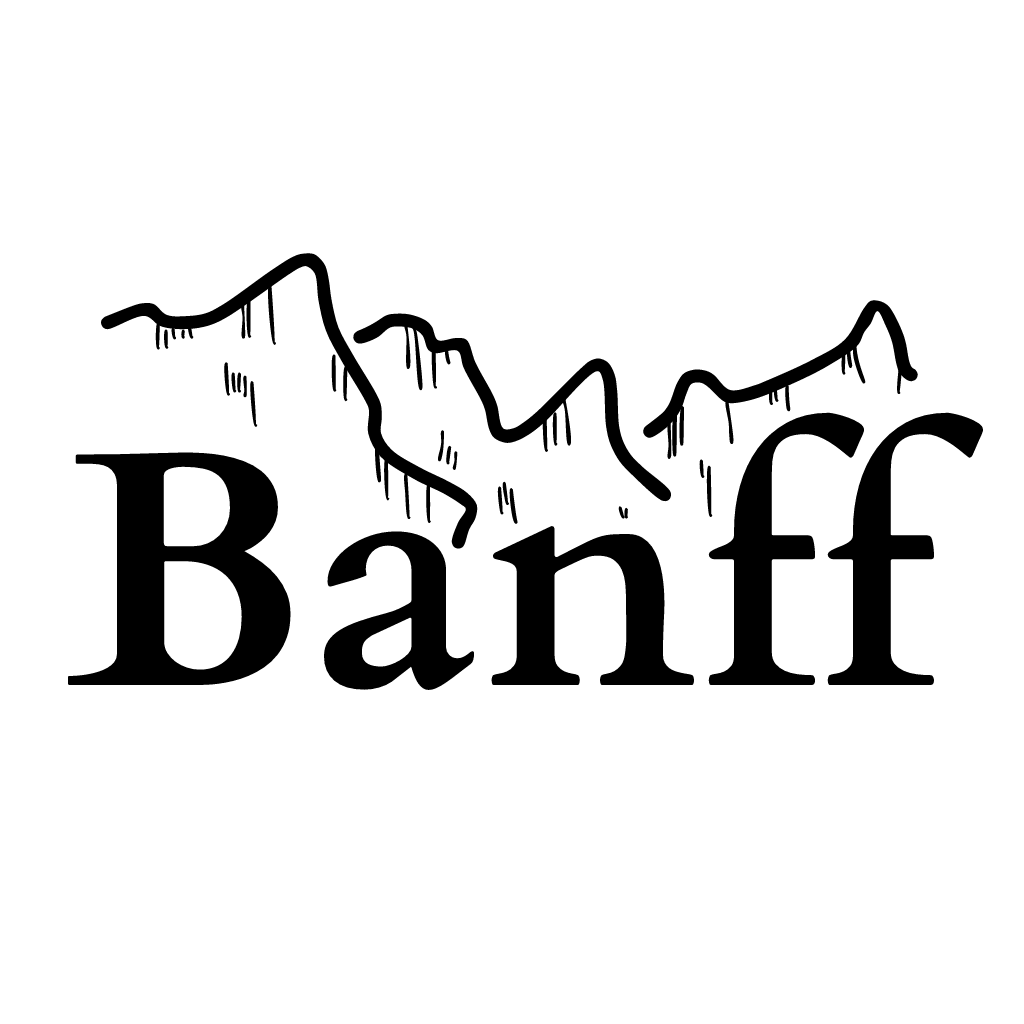Source code for banffprocessor.metadata.models.algorithms
"""Metadata model for user-defined estimator algorithms."""
import duckdb
from banffprocessor.exceptions import MetadataConstraintError
from banffprocessor.metadata.models import estimators
from banffprocessor.metadata.models.metadataclass import MetadataClass
from banffprocessor.nls import _
[docs]
class Algorithms(MetadataClass):
"""Metadata class for user-defined algorithms which define estimators."""
def __init__(self, algorithmname: str, status: str, formula: str,
type: str, description: str | None = None,
dbconn: duckdb.DuckDBPyConnection = duckdb) -> None:
"""Validate and create metadata entry, if validation passes."""
self.algorithmname = algorithmname
self.type = type.upper()
#constraint invalidType
# a little confusing, createRelationalTables.sas has type as NOT NULL
# but allows empty values in constraint
if(self.type is not None and self.type not in {"EF", "LR"}):
msg = _("Constraint violated in {} table: ").format(self.__class__.__name__)
msg += _("{} value must be one of {}.").format("Algorithm", " 'EF', 'LR' ")
raise MetadataConstraintError(msg)
if (self.algorithmname in estimators.builtin_estimators()):
msg = _("Constraint violated in {} table: ").format(self.__class__.__name__)
msg += _("{} is a built-in algorithm and cannot be re-defined.").format(self.algorithmname)
raise MetadataConstraintError(msg)
self.status = status
self.formula = str(formula) if formula else None
self.description = description
# Note that the order of attributes must match the order in the create statement
statement = f"INSERT INTO banff.{self.__class__.__name__} VALUES (?, ?, ?, ?, ?)" # noqa: S608
dbconn.execute(statement,[self.algorithmname, self.type, self.status, self.formula, self.description])
[docs]
@classmethod
def initialize(cls, dbconn: duckdb.DuckDBPyConnection = duckdb) -> None:
"""Create duckdb table to store the metadata."""
cls.setup(dbconn=dbconn)
create_statement = f"""CREATE TABLE banff.{cls.__name__} (
algorithmname VARCHAR PRIMARY KEY,
type VARCHAR NOT NULL,
status VARCHAR,
formula VARCHAR,
description VARCHAR
)
"""
dbconn.execute(create_statement)
# Used for creating a Dataframe from the object. Explicitly makes all fields values
# reflect their type, if no value was provided. This way there is no possiblity of
# an incorrect datatype (character seen as numeric or vice versa) for any empty fields
# when the constructed dataframe is passed to the Banff package c-code.
[docs]
def to_dict(self) -> dict[str, str]:
"""Return the algormithm metadata as a dictionary."""
return {
"algorithmname": self.algorithmname if self.algorithmname else "",
"status": self.status if self.status else "",
"formula": str(self.formula) if self.formula is not None else "",
"type": self.type if self.type else "",
"description": self.description if self.description else "",
}
[docs]
@staticmethod
def get_schema(root_element_name: str = "banffProcessor") -> str:
"""Return schema (XSD) contents as a string."""
return f"""<xs:schema xmlns:xs="http://www.w3.org/2001/XMLSchema">
<xs:element name="{root_element_name}">
<xs:complexType>
<xs:sequence>
<xs:element name="algorithms" maxOccurs="1000" minOccurs="0">
<xs:complexType>
<xs:all>
<xs:element name="algorithmname">
<xs:simpleType>
<xs:restriction base="xs:string">
<xs:minLength value="1"/>
<xs:maxLength value="100"/>
</xs:restriction>
</xs:simpleType>
</xs:element>
<xs:element minOccurs="0" name="type">
<xs:simpleType>
<xs:restriction base="xs:string">
<xs:enumeration value="EF"/>
<xs:enumeration value="ef"/>
<xs:enumeration value="LR"/>
<xs:enumeration value="lr"/>
</xs:restriction>
</xs:simpleType>
</xs:element>
<xs:element name="status">
<xs:simpleType>
<xs:restriction base="xs:string">
<xs:minLength value="1"/>
<xs:maxLength value="3"/>
</xs:restriction>
</xs:simpleType>
</xs:element>
<xs:element name="formula">
<xs:simpleType>
<xs:restriction base="xs:string">
<xs:minLength value="1"/>
<xs:maxLength value="5000"/>
</xs:restriction>
</xs:simpleType>
</xs:element>
<xs:element minOccurs="0" name="description" nillable="true">
<xs:simpleType>
<xs:restriction base="xs:string">
<xs:minLength value="1"/>
<xs:maxLength value="5000"/>
</xs:restriction>
</xs:simpleType>
</xs:element>
</xs:all>
</xs:complexType>
</xs:element>
</xs:sequence>
</xs:complexType>
</xs:element>
</xs:schema>"""
